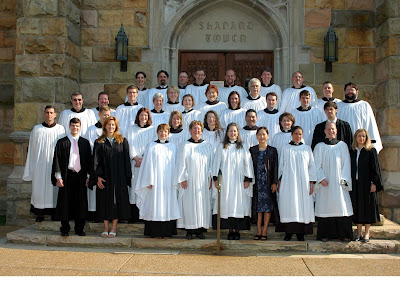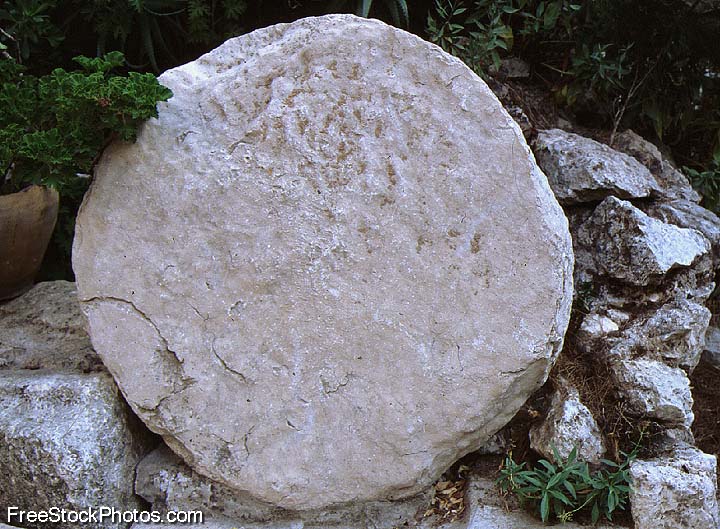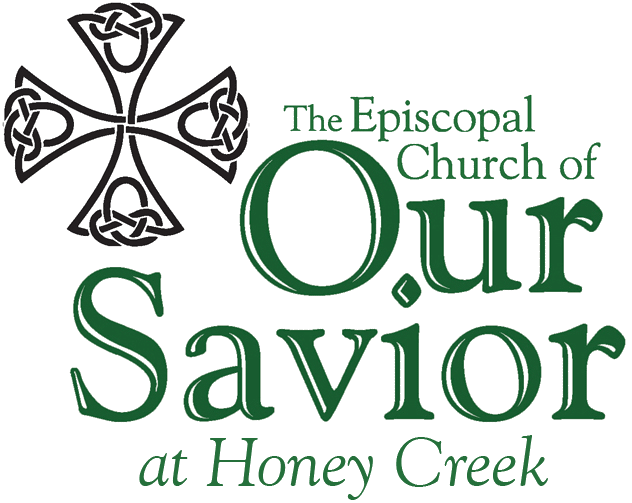
Flowers I Did Not Plant
The Rev. Linda McCloud
April 29, 2007
This morning as I came rushing out my door
I noticed some small blue flowers
blooming by the walkway --
delicate flowers which I cannot identify.
Before they bloomed I thought they were weeds
if I even noticed them at all.
I don't know much about flowers.

My rose bush is blooming too,
and I'm grateful
because just like me it's a transplant,
having lived in that patch of ground
for only three months.
Five Sisters, I think they call it.
But I don't know much about Roses.
Look all around at the flowers
Look all around at the flowers
we did not plant.
We cannot make our world.
It has already been made
by our loving Creator God.
We can improve our world, though,
by planting more flowers and
by nurturing the ones that grace our path
-- seemingly by accident.
In Peace,
Linda +
The Rev. Linda McCloud
Founding Pastor
The Episcopal Church of Our Savior at Honey Creek
www.oursaviorhoneycreek.org
http://oursaviorhoneycreek.blogspot.com




























